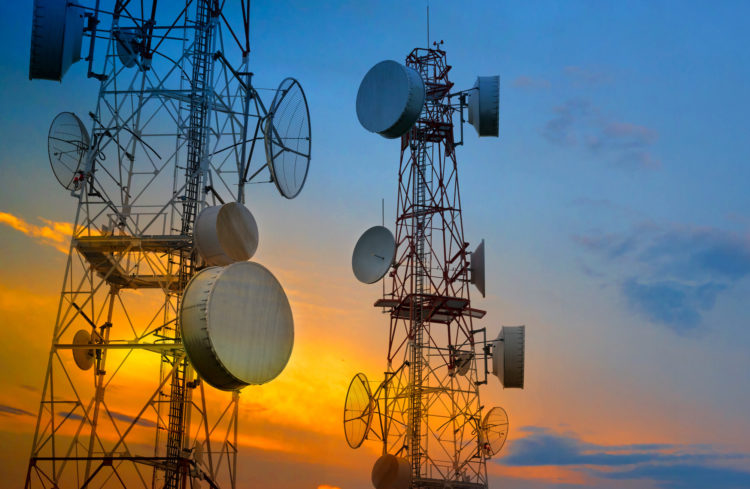TELECOM subscribers have decried the epileptic service quality in the sector and incessant hike in pay-TV subscription tariffs in the country. describing it as unacceptable.
The National President of the Association of Telephone, Cable TV and Internet Subscribers of Nigeria (ATCIS), Hon. Sina Bilesanmi also frowned at the refusal of successive administrations of the Federal Capital Territory (FCT) to approve telcos to build infrastructure that would have improved end-user experience.
Hon Bilesanmi who spoke during a press briefing as part of activities to mark the end of the year, said: “On telecoms subscription, while subscriber figures have gone up, service quality has continued to be an issue. The quality sunk further during the Yuletide. Drop calls, network congestion, call diversion and so many others have increased.’’
“We urge the operators to up their games just as we appeal to the various approving agencies to give expedited approval to telcos to expand infrastructure across the country. Particularly, we appeal to President Bola Tinubu GCFR to prevail upon the authorities of the FCT Abuja, to approve telcos to build a more resilient network. We heard that for almost a decade, successive administrations at the FCT have refused to approve telcos to build infrastructure.
“FCT Minister, subscriber Nyesom Wike should please look at this critical issue and address it with dispatch.”
Hon Bilesanmi also expressed displeasure over what he described as an incessant hike in pay TV subscription tariffs in the country. He urged the federal government to break the monopoly of Multichoice and create a level playing field for others who want to play in the sector.
The president lamented that the pay TV services providers have consistently raised tariffs in a manner suggestive of insensitivity to the plights of ATCIS-Nigeria members.
He said Multichoice, being the major cable TV operator in the sub-sector of the broadcast industry, has continued to hike its subscription fees unapologetically in Nigeria and urged the National Broadcasting Commission (NBC) to borrow a leaf from the Nigerian Communications Commission (NCC) and rise to its responsibilities of prioritizing the protection of the consumers.
He said: “It’s unclear if NBC’s sphere of supervision extends to that of the pay-TV industry because if it does, the South African operator will not be taking everyone for a ride hiding under the excuse of increase in content costs. We had sought the introduction of the GSM payment model but they said they lacked the technology to do so. Since the company said it could not implement it, just as MTN and Econet Wireless had earlier said per-second billing was a mirage in the telecoms industry, until Globacom came to the rescue with per-second billing, we passionately appeal to President Tinubu to look critically into how to break this monopoly. The government should create a level playing field. An operator must not be allowed to become too powerful.”
He urged the federal government to set up a committee to examine why attempts by indigenous operators to go into the pay-TV industry are always frustrated.
“We demand for genuine liberalisation of the sector. We demand that the Federal Competition and Consumer Protection Commission (FCCPC) should beam its searchlight on the pay TV sector. For instance, telecoms subscribers should be able to roll over their subscriptions,” Bilesanmi said.
Eighteen-Eleven Media


